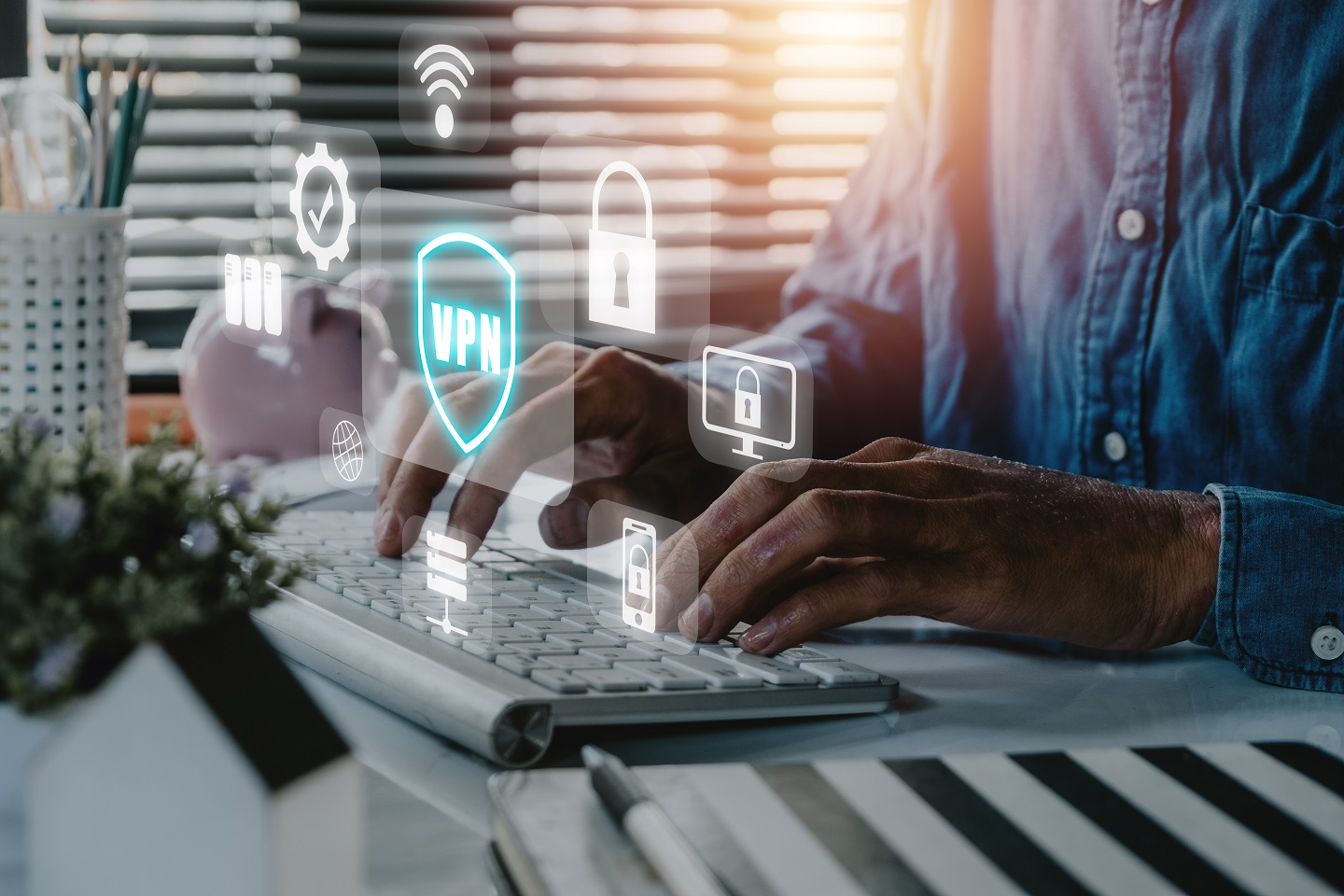As a beginner, it’s crucial to understand how VPN services protect your browsing activities. These tools can hide your IP address, ensuring your internet browsing is more private and secure. Since different VPNs offer different features, you must compare options depending on your needs. Let’s explore what you need to know as a beginner looking to protect your online presence.
VPN Service Meaning
First, a VPN service makes a secure, encrypted connection for you. It uses an encrypted tunnel to prevent your ISP, hackers, and other third parties from tracking your internet activities. VPNs mask your IP address, making it hard for anyone to retrace your internet usage.
People use public Wi-Fi for different reasons, including streaming content, surfing social media, remote work, making calls via apps, and financial transactions. Unfortunately, public Wi-Fi networks are often insecure and easily susceptible to cyberattacks. That’s where a VPN service comes in. It ensures your personal information remains protected.
How Does a VPN Work?
A VPN establishes a connection by routing your traffic through one of its servers, encrypting your data. That means potential attackers will be unable to read any intercepted traffic. The VPN server forwards your internet traffic to its destination, e.g., a website, while concealing your actual IP address.
The process shields your data and lets you appear as if you are browsing from a different location. Perhaps you simply want to access content that’s restricted in your area. A VPN service bypasses these restrictions, allowing you to enjoy your desired content.
Choosing the Right VPN Service
There are several aspects to consider when selecting a VPN service. First, assess its security features to ensure they align with your needs. Ensure the service uses strong encryption protocols and features a kill switch to safeguard your data if your connection slows down. You should also ensure the VPN services won’t log your online activities by checking its privacy policy.
Speed is also a critical factor to keep in mind. Although all VPNs will slow your connection somehow, some are faster than others. This is where you need to be extra cautious if you plan to use the VPN for data-intensive activities like streaming or gaming. Such activities require you to go for a provider with high-speed servers that never throttles your bandwidth.
Lastly, consider the VPN’s customer support and ease of use. A beginner in VPNs requires a user-friendly interface and prompt customer support to ensure a smoother and more enjoyable browsing experience. If you’re more security-conscious, you can also look for VPN services that provide additional security features to enhance your online security.
Getting Started with a VPN Service
Most VPNs have a straightforward setup process that caters to beginners. Start by choosing a provider that matches your needs. You can also test their service using VPN money-back guarantees or free trials before committing to it. Next, sign up for an account and download your device’s VPN app.
Once the installation is complete, open the app and log in with your account details. You’ll see a list of different servers from which you can choose. Choose one and click the “Connect” button to create a secure connection. Many VPNs offer to simplify the connection process by providing features like the ability to save favorite servers and automatic connection on startup.









